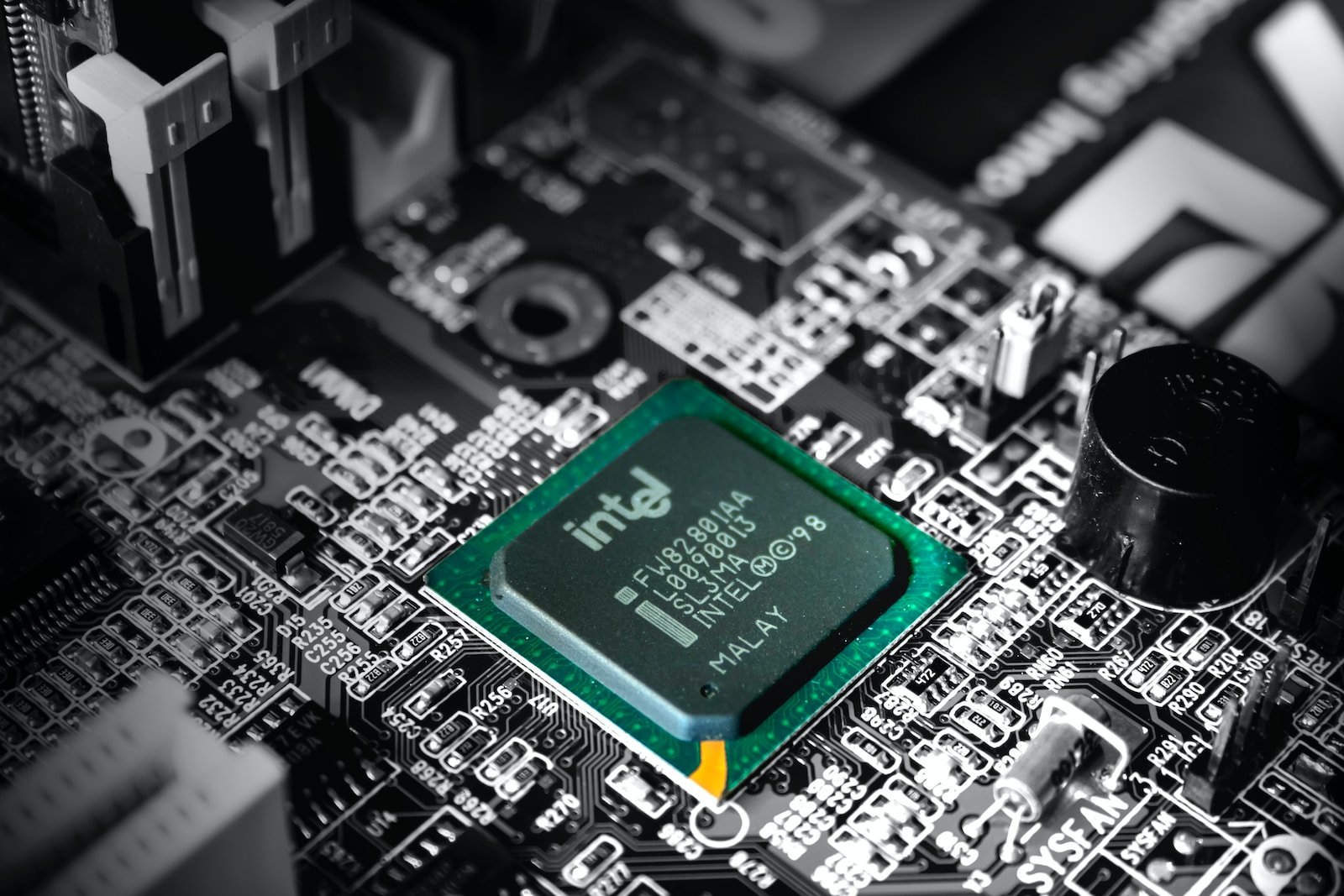5G technology is the latest advancement in wireless communication that promises to revolutionize the way we connect and communicate. It is the fifth generation of cellular network technology, succeeding 4G LTE, and is designed to provide faster speeds, lower latency, and greater capacity than its predecessors.
One of the key features of 5G technology is its ability to transmit data at incredibly high speeds. With speeds up to 100 times faster than 4G, 5G networks will enable users to download and upload large files, stream high-definition videos, and play online games with minimal lag. This means faster and more reliable connections, allowing for seamless communication and improved user experiences.
Another significant advantage of 5G technology is its lower latency. Latency refers to the time it takes for data to travel between devices. With 5G, latency will be reduced to just a few milliseconds, making real-time applications, such as remote surgery, autonomous vehicles, and virtual reality, more feasible and reliable. This low latency will also enhance the performance of IoT devices, enabling them to communicate and interact with each other more efficiently.
5G technology is also designed to handle a greater number of connected devices simultaneously. With the rise of the Internet of Things (IoT), where everyday objects are connected to the internet, the demand for a network that can support a massive number of devices is increasing. 5G networks will be capable of connecting billions of devices, from smartphones and tablets to smart home appliances and industrial machinery, without compromising on speed or performance.
One of the most anticipated applications of 5G technology is its potential to enable the development of smart cities. With its high speeds, low latency, and capacity to handle numerous devices, 5G networks can support various smart city initiatives, such as smart transportation systems, energy management, and public safety. These advancements can lead to more efficient resource allocation, reduced energy consumption, and improved quality of life for residents.
However, the implementation of 5G technology also comes with challenges. The deployment of 5G networks requires a significant investment in infrastructure, including the installation of new base stations and antennas. Additionally, there are concerns regarding the security and privacy of data transmitted over 5G networks. As with any new technology, it is crucial to address these challenges and ensure that 5G networks are secure and reliable.
In conclusion, 5G technology is set to transform the way we connect and communicate. With its faster speeds, lower latency, and greater capacity, 5G networks will enable a wide range of applications and innovations. From enhanced mobile experiences to the development of smart cities, 5G has the potential to revolutionize various industries and improve our daily lives.







